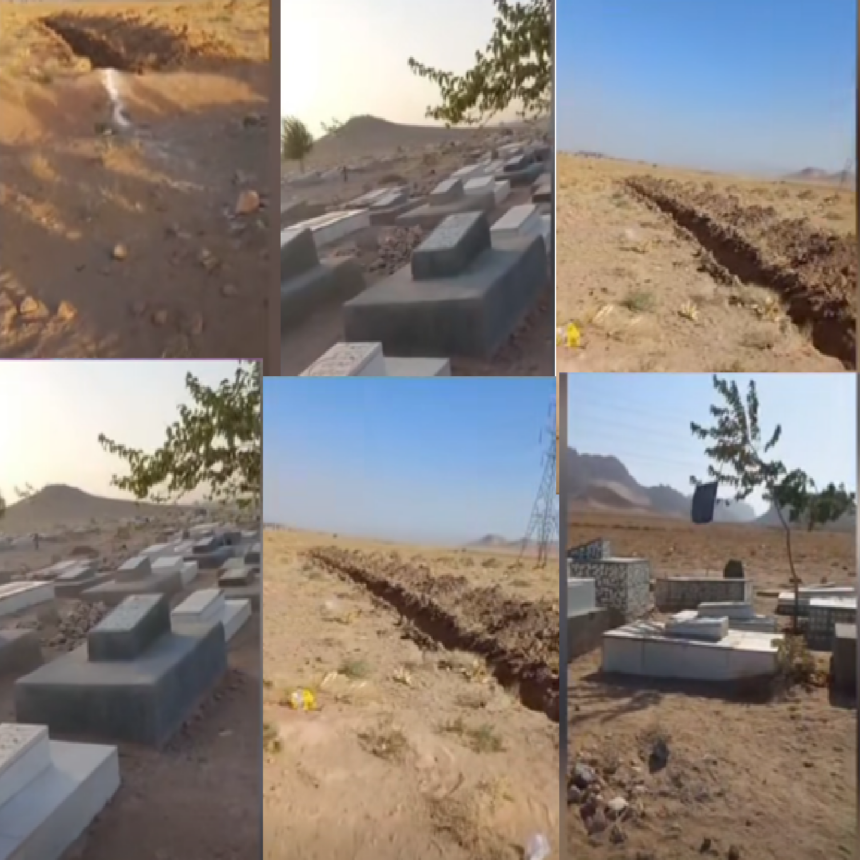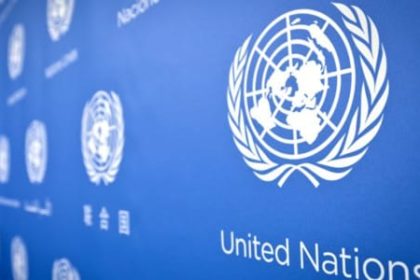RASC News Agency: Local sources in Herat have confirmed that the Taliban have sold the Andisheh Cemetery, a burial ground belonging to the Hazara community, to a businessman closely tied to one of the group’s local commanders. Bulldozers and Taliban fighters, residents say, have already begun surveying and marking the site steps that signal the impending erasure of a sacred space for thousands of families and its conversion into a commercial market and industrial estate.
For the residents of Andisheh Township an established neighborhood built more than two decades ago and now home to nearly 10,000 households the move is an act of desecration as well as dispossession. “The Taliban are not only trampling on the graves of our ancestors but threatening the very survival of our community,” one Hazara resident told RASC News. Locals report that since the beginning of 2025, the Taliban arbitrarily declared the township to be “state property” and have steadily increased pressure on residents to vacate their homes. Many families hold official deeds and building permits, yet the regime blocks them from exercising even the most basic rights of ownership and residency.
Human rights defenders have denounced the move as a flagrant violation of property rights, freedom of movement, and human dignity. Analysts warn that the forced displacement of families on ethnic grounds constitutes a form of collective punishment illegal under international law and risks deepening Afghanistan’s already fraught ethnic divides. Civil society organizations note that the Taliban’s decision is not an isolated case but part of a wider pattern of forced evictions and land grabs, often favoring Taliban loyalists or nomadic Kuchi groups historically allied with the movement.
Hazara activists and social campaigners, reacting to the Herat case, have gone further describing the policy as systematic ethnic engineering and even a slow-motion form of “genocide.” They argue that the destruction of cemeteries, alongside expulsions from homes, amounts to an attempt to erase non-Pashtun communities from areas the Taliban wish to dominate both economically and demographically.
These developments echo earlier displacements reported in northern provinces as well as in Bamiyan, Daikundi, and Ghor regions where Hazara and other minority families have been uprooted to make way for Taliban-aligned interests. Rights observers stress that such campaigns of forced resettlement not only violate fundamental freedoms but also strip Afghanistan’s minorities of their cultural heritage, erode social cohesion, and fuel a cycle of grievance that will haunt the country for generations.
The Taliban, unsurprisingly, have refused to offer transparency or justification for their actions in Herat. For many Afghanistani families, the message is clear: under Taliban rule, neither the living nor the dead are safe from dispossession.






